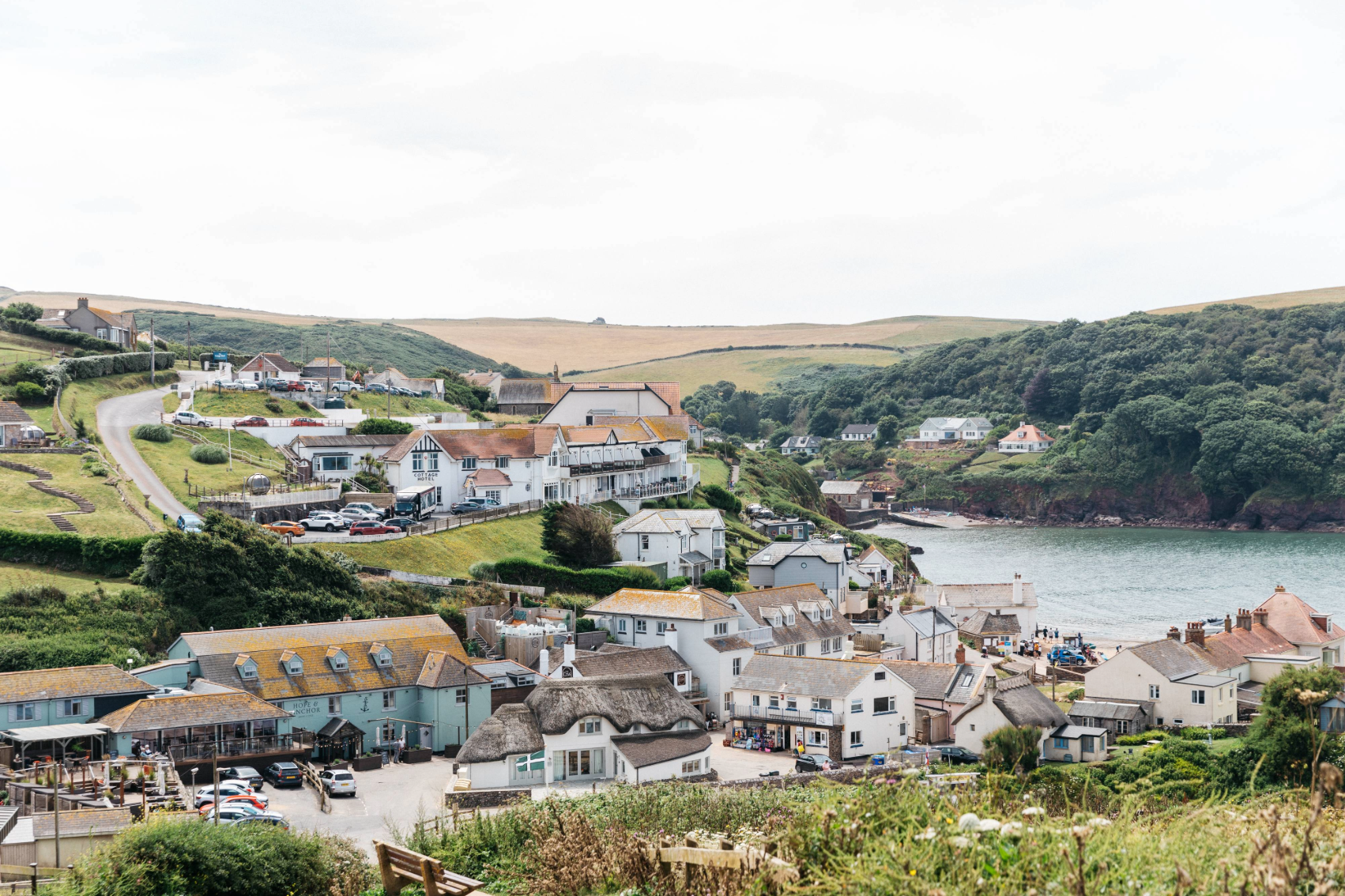Sustainability: Protecting places that matter
We rely on the environment to deliver great experiences, so we have a responsibility to protect it. Surrounded by natural beauty worth preserving, our four priorities include carbon and energy, water, packaging and waste, and nature and biodiversity to help safeguard these special places for the future.

Protecting places that matter
Protecting Places is about reducing our environmental impact where it matters most. We rely on the environment to deliver great experiences, so we have a responsibility to protect it. Surrounded by natural beauty worth preserving, our four priorities include carbon and energy, water, packaging and waste, and nature and biodiversity to help safeguard these special places for the future.
Carbon and Energy
Why it matters:
The global food and drink industry contributes approximately 30% of greenhouse gas emissions. As a significant player in this sector, we recognise our responsibility to mitigate these impacts.
Mission critical goal:
We commit to becoming a Net Zero business ahead of the UK governments’ 2050 target, aligned to science-based targets and working with suppliers who share our standards.
Highlights:
· Carbon Baseline & Targets: We measured carbon footprint in 2022 to identify emission hotspots and set strategic reduction targets aiming for net zero before government target of 2050
· Renewable Energy Expansion: We installed 608 solar panels at Hare Brewery (230,511 kWh/year) and achieved 40% on-site renewable energy; aiming for 50% across sites by 2030
· Energy-Efficient Brewing: We have reduced steam use in boil phase to cut gas use and have upgraded filtration systems to improve efficiency
· Renewable CO₂ Supply: We have shifted to 100% renewable, locally sourced CO₂ from BioCarbonics Ltd
· Improved Data & Reporting: Investing in better systems to track and manage carbon and energy performance
Water
Why it matters:
Water scarcity is a growing global concern, with over 40% of the population experiencing shortages. Brewing is water-intensive, with water comprising about 90% of beer and significant quantities used in production processes.
Mission critical goal:
We will attain a water usage efficiency of less than 4 hl/hl by 2035 and will achieve 100% replenishment of water consumed at our breweries by 2040.
Highlights:
· Brewing Process Optimisation: We have improved brewing efficiency to reduce water usage, adopted energy-efficient technologies and better data tracking and are working with suppliers to cut supply chain emissions
· Wastewater Management: We invested £1.6 million in wastewater recycling plant (2018) and achieved up to 65% reduction in water discharge costs
· By-product Reuse: 3,433 tonnes of spent grain sent to local farms as animal feed and our surplus yeast is reused as natural fertiliser
Packaging and Waste
Why it matters:
Waste, particularly food and packaging waste, poses significant environmental challenges. In the UK, approximately 10.7 million tonnes of food are wasted annually, with 70% intended for consumption. Packaging materials like aluminium and glass also have substantial climate-related impacts.
Mission critical goal:
We will become a zero waste business, eliminating food waste from our business by 2040 and partnering and collaborating to reduce, recycle and reuse waste. Our product packaging will be 100% recyclable or reusable and we will reduce single use packaging across the value chain through collaboration and innovation.
Highlights:
· Achieved zero waste to landfill status since 2017.
· Launched a recycling initiative aiming to reduce general waste in managed pubs by 80%, including the introduction of a streamlined waste system and employee engagement initiatives.
· Integrated circular economy principles into refurbishment projects, such as the Pier House, focusing on reusing materials and reducing resource inflow.
· Partnered with Olio to redistribute surplus food to local communities.
· Through a partnership with Olleco, used cooking oil from our operations is converted into biodiesel, further reducing waste and supporting renewable energy use.
· Investment in a state-of-the-art canning line at Hare Brewery has allowed for reduced plastic packaging and overall production waste.
Nature and Biodiversity
Why it matters:
Biodiversity is essential for maintaining healthy ecosystems, which in turn support agriculture and food production. The loss of biodiversity threatens the natural resources our business depends upon, including fertile soil and clean water.
Mission critical goal:
We will sustainably source 100% of our strategic raw materials and menu ingredients by 2035, with all suppliers aligned to our Responsible Sourcing Policy.
Highlights:
· We delivered a bread roll made with 50% regenerative flour through a partnership with Baker Toms
· We collaborate with suppliers to promote responsible farming and sourcing methods. We are currently working to include underused local fish species on our menus
· We prioritise sourcing ingredients locally, such as Cornish barley, to reduce food miles and support regional biodiversity. For non-local ingredients, the brewery ensures suppliers adhere to certifications like Fairtrade or Rainforest Alliance, promoting responsible sourcing globally
· We engage in initiatives to protect and restore local biodiversity, supporting the ecosystems that underpin our operations. In partnership with Toast Brewing, we launched a beer to celebrate No Mow May. The beer boasted local ingredients and 15p from each pint went to Plantlife